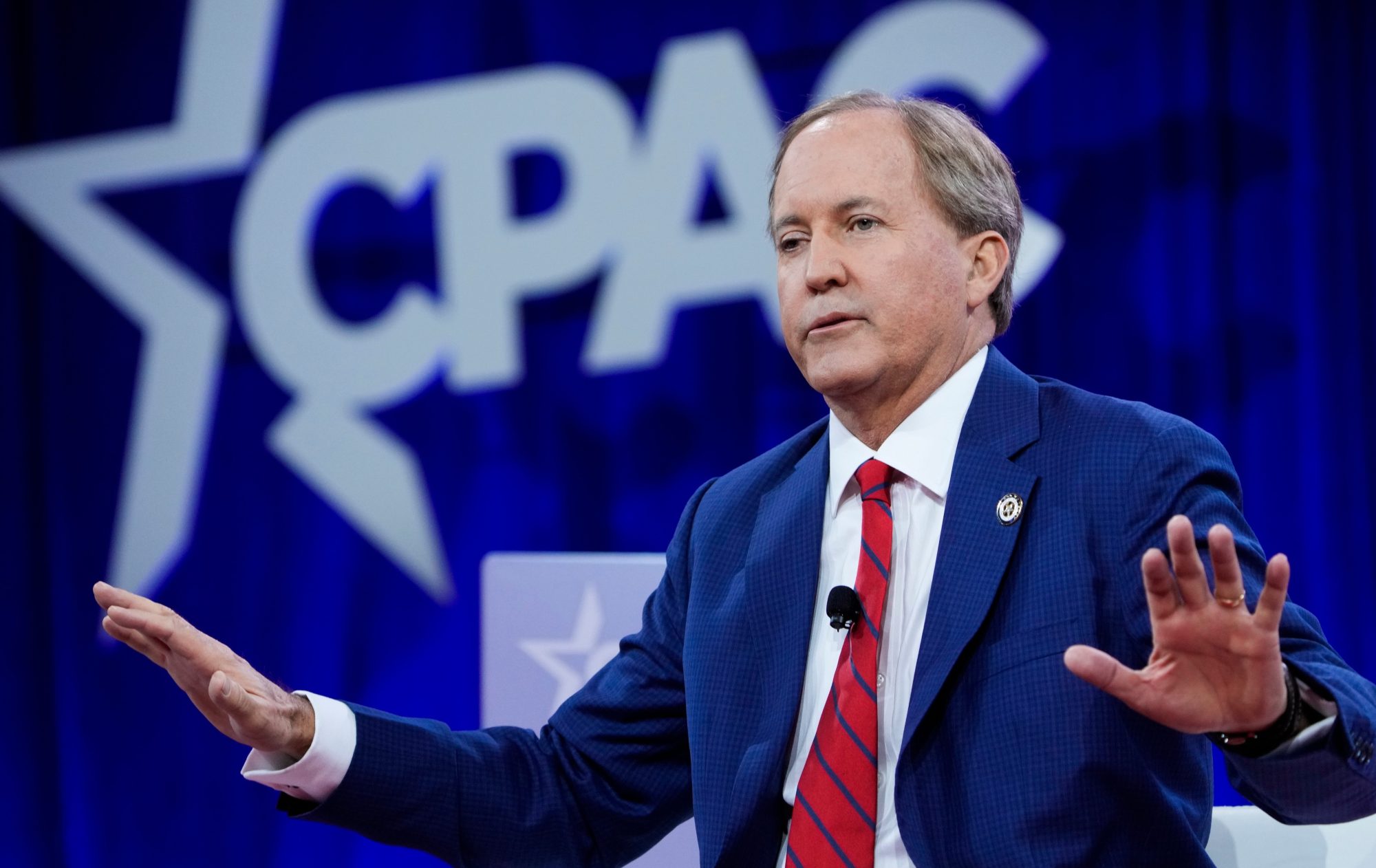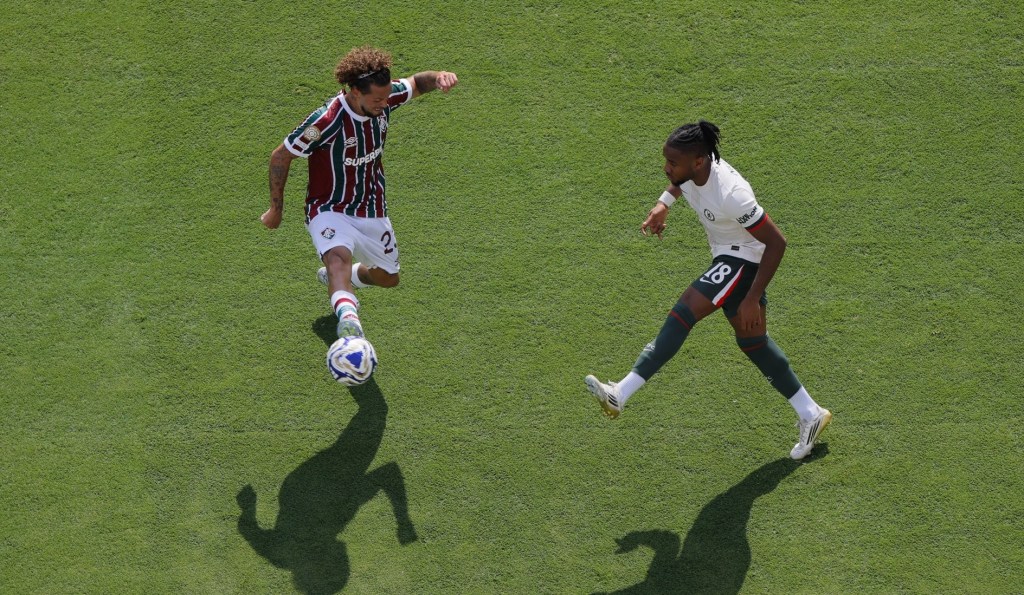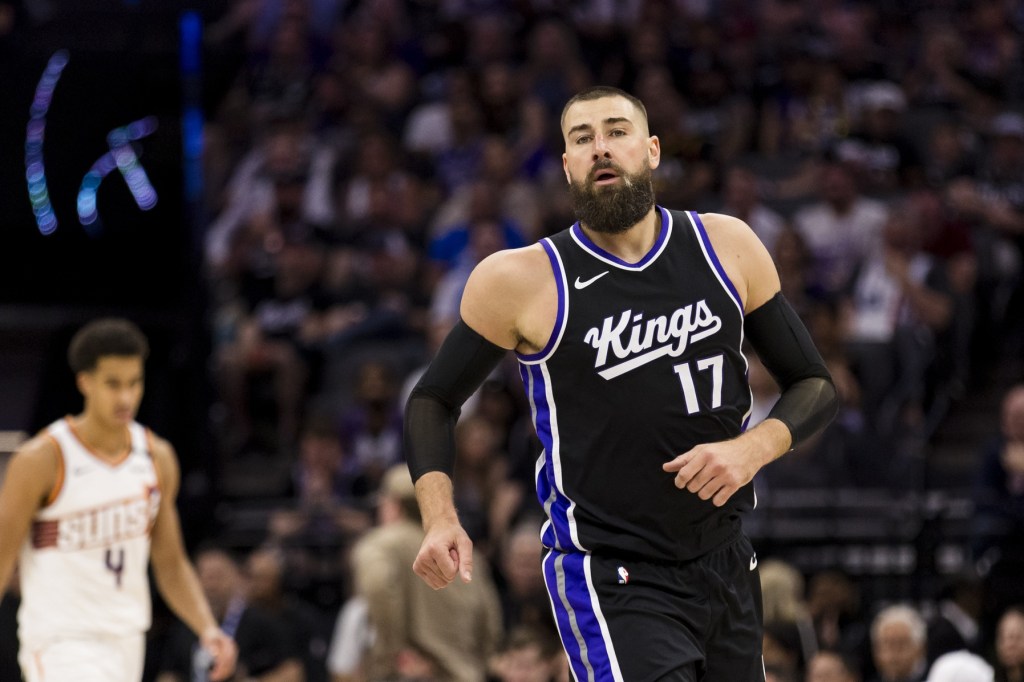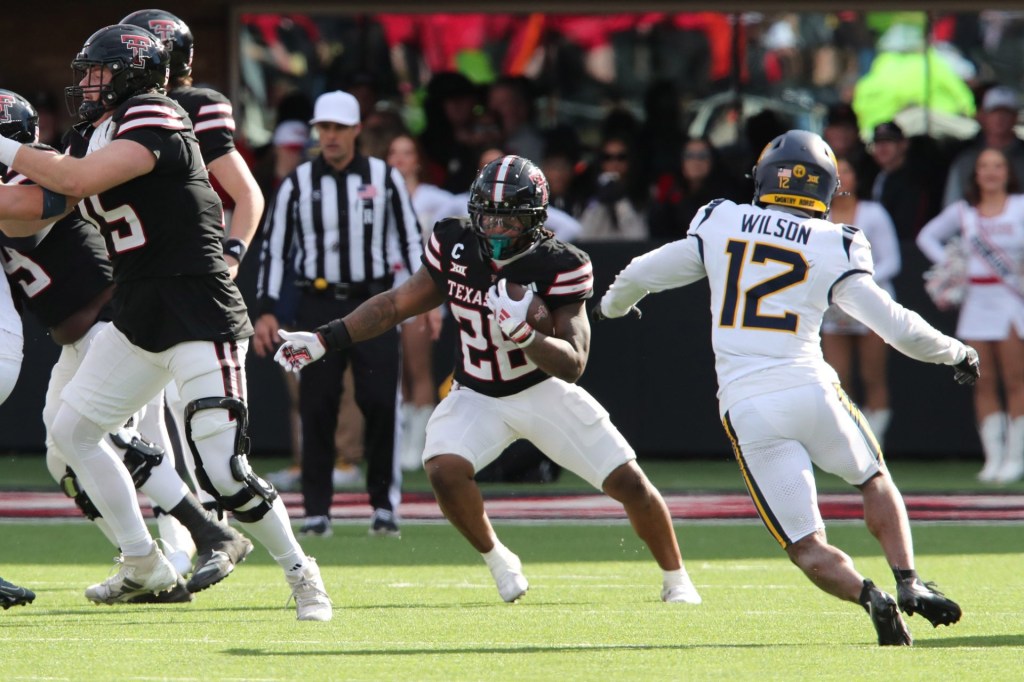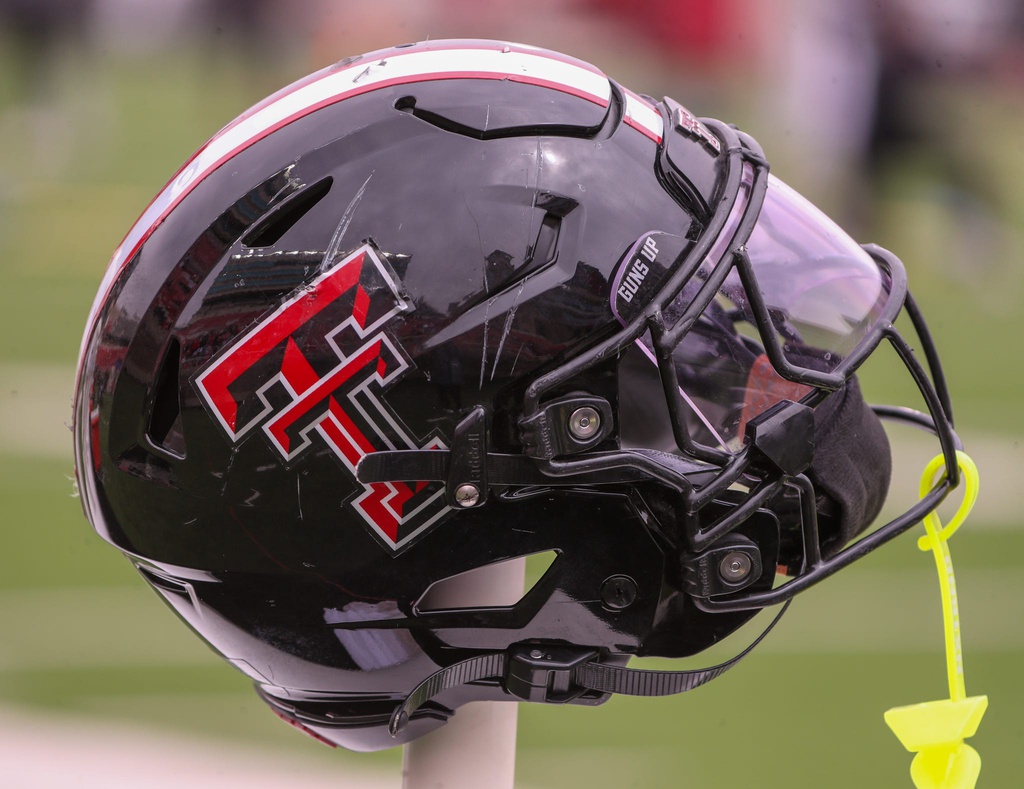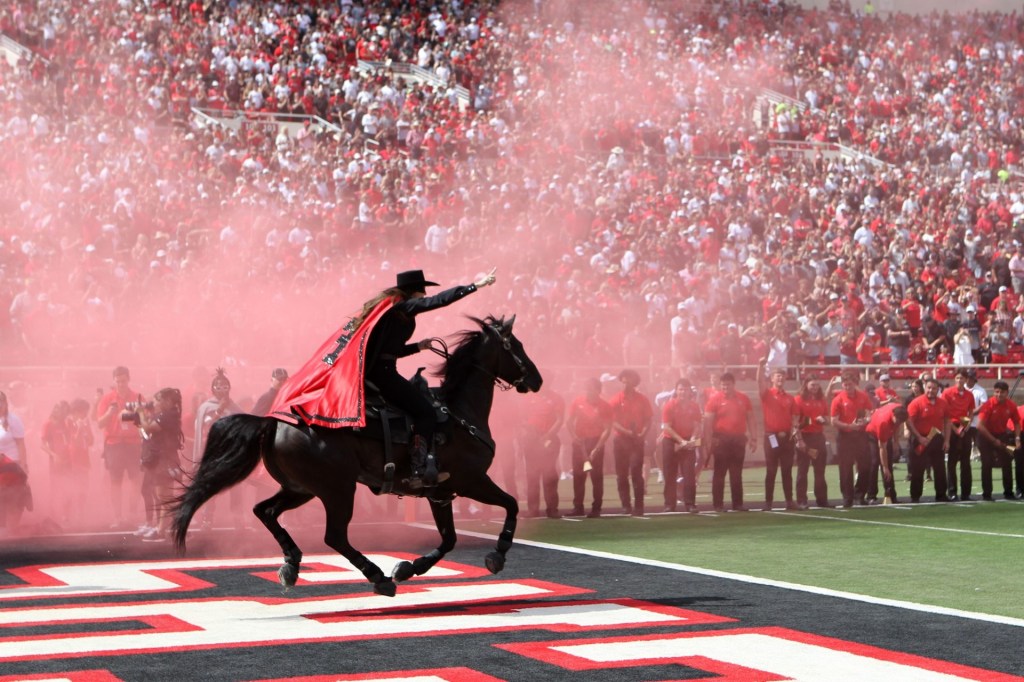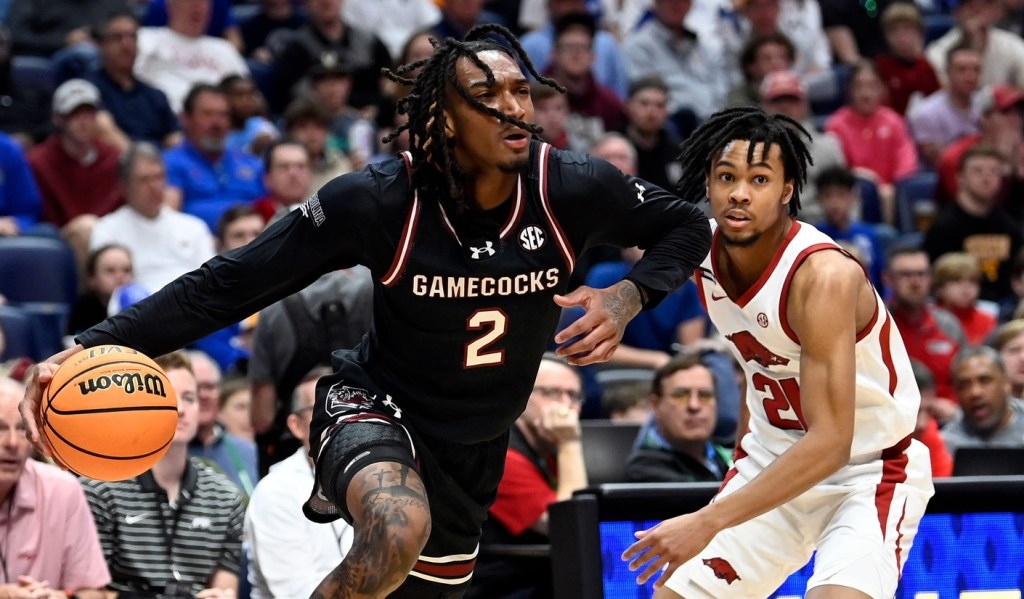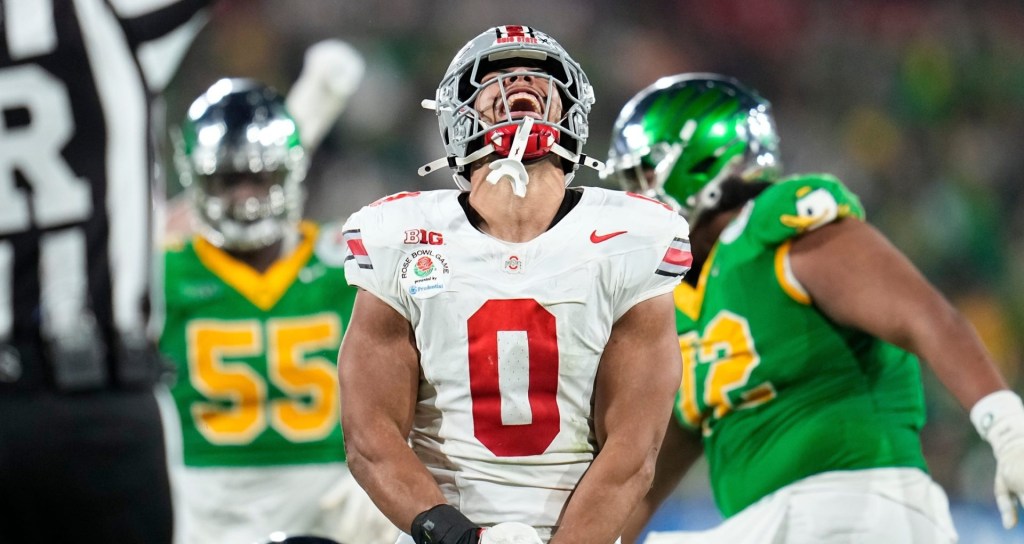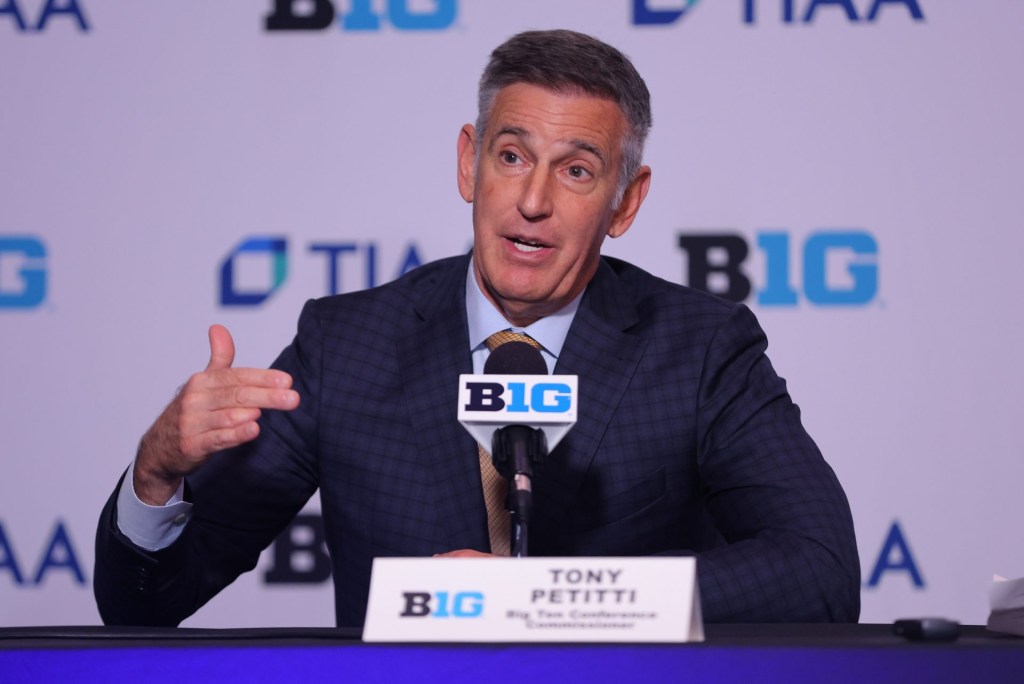Texas attorney general Ken Paxton filed a complaint against the NCAA seeking to prevent transgender athletes from competing in women’s sports in his state.
The lawsuit was filed in state district court in Lubbock, the college town of Texas Tech. It argues the NCAA is violating the Texas Deceptive Trade Practices Act because fans can be misled by events that are advertised as women’s sports but may include a transgender athlete.
In a statement, Paxton accused the NCAA of “intentionally and knowingly jeopardizing the safety and wellbeing of women.”
The lawsuit requests a temporary injunction that would prevent transgender athletes from competing in women’s sports events that are in Texas or involve its athletic programs. Or, the lawsuit wants the NCAA to be required to stop events that allow transgender athletes from being marketed as women’s sports.
Current NCAA rules require each sport to use its national governing body’s transgender participation policy, or the international federation body if there is no national body.
“This is about not recognizing trans people, and the fact that trans women are women,” Shiwali Patel, a Title IX expert at the National Women’s Law Center, tells Front Office Sports. “This is not about protecting gender equities in sports.”
Last month, a federal judge denied a motion to prevent a women’s volleyball player from competing in the Mountain West conference tournament after the plaintiffs claimed the athlete was transgender. (The player has not publicly spoken about their gender identity.) Paxton is known for his prolific legal attacks; he filed his 100th lawsuit against the Biden administration in November.
Last week, NCAA president Charlie Baker told Congress that he is aware of fewer than 10 athletes competing in college sports who identify as transgender.
“They’re manufacturing a problem where none exist, all in an attempt to not only dehumanize trans people, but strip them of dignity and of protections under the law,” Patel says.
The NCAA has been on a losing streak in court this year, from having all NIL-related rules thrown out in February to just last week, when Vanderbilt and former junior college quarterback Diego Pavia won an extra year of eligibility. (The NCAA has since decided to appeal the decision.) The House settlement, after which NCAA schools will be allowed to directly share revenue with athletes for the first time, is set to be finalized in April after it was initially approved in October.
“College sports are the premier stage for women’s sports in America,” the association said in a statement to FOS, “and while the NCAA does not comment on pending litigation, the Association and its members will continue to promote Title IX, make unprecedented investments in women’s sports and ensure fair competition in all NCAA championships.”
